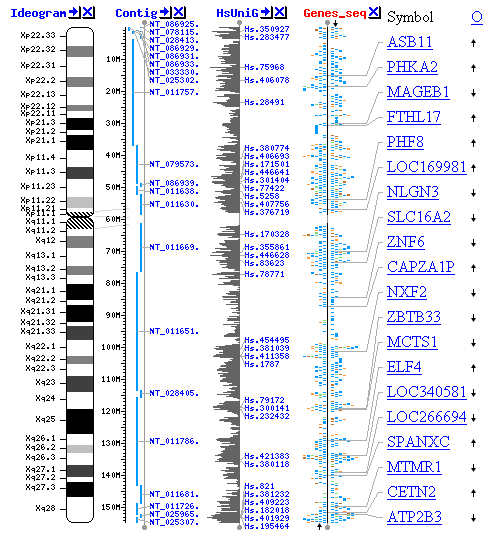Introduction to Python for Biologists.
- Why Python for Biology?
- Biological Data Types and Python
- Sequence Analysis - Part 1
- Sequence Analysis - Part 2
- Image Analysis - Part 1
- Image Analysis - Part 2
- Database Management and Python
- Statistical Analysis in Python
- Bioinformatics and Python
- Data Visualization in Python
- Machine Learning for Biology with Python
- Project Planning and Design
- Implementing a Biological Project with Python
Bioinformatics and Python
Introduction to Bioinformatics

Computational analysis of large, complex sets of biological data.
Bioinformatics is an interdisciplinary field that combines biology, computer science, information engineering, mathematics, and statistics to analyze and interpret biological data. It has become an essential tool in various areas of biology, especially in the field of genomics and molecular biology.
Importance of Bioinformatics in Biology
Bioinformatics plays a crucial role in biology, with its applications spanning various fields. It is instrumental in managing and analyzing the vast amount of biological data generated by modern experiments. For instance, in genomics, bioinformatics is used to sequence and annotate genomes, identify genes, and predict their functions. In proteomics, it aids in protein structure prediction and modeling, protein-protein interactions, and understanding metabolic pathways.
Bioinformatics also plays a vital role in evolutionary biology, helping scientists understand the evolutionary relationships between different organisms. It aids in the construction of phylogenetic trees, which depict the evolutionary relationships between different species based on their genetic similarities and differences.
Main Tasks and Challenges in Bioinformatics
Bioinformatics involves several tasks, including sequence alignment, gene and protein expression analysis, protein structure prediction, phylogenetic analysis, and data mining from biological databases. Each of these tasks presents its own set of challenges, such as dealing with the vast amount of data, managing data quality, and developing efficient algorithms for data analysis.
One of the significant challenges in bioinformatics is the management and analysis of the vast amount of biological data generated by high-throughput techniques, such as next-generation sequencing. This data is often noisy and complex, requiring sophisticated computational tools for its analysis.
Another challenge is the prediction of protein structure from amino acid sequences. Despite advances in computational methods, accurately predicting protein structure remains a complex problem due to the vast number of possible configurations a protein can adopt.
Role of Programming and Computational Skills in Bioinformatics
Programming and computational skills are essential in bioinformatics. They allow bioinformaticians to write scripts for automating tasks, develop algorithms for data analysis, and create software tools for managing and visualizing biological data.
Python, in particular, has become a popular language in bioinformatics due to its simplicity and the availability of numerous libraries for scientific computing, such as NumPy, SciPy, and Biopython. These libraries provide functions for handling biological data types, performing statistical analysis, and visualizing data, making Python an excellent tool for bioinformatics.
In conclusion, bioinformatics is a rapidly evolving field that is becoming increasingly important in biology. It presents several challenges that require strong computational skills to overcome. Python, with its simplicity and powerful libraries, is an excellent tool for tackling these challenges and advancing our understanding of biology.